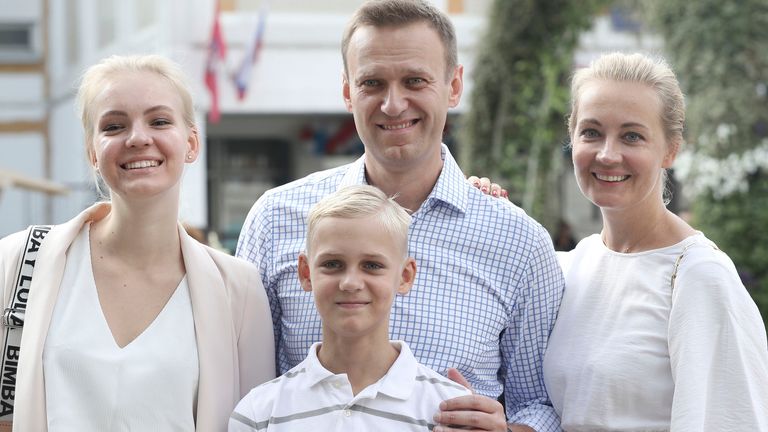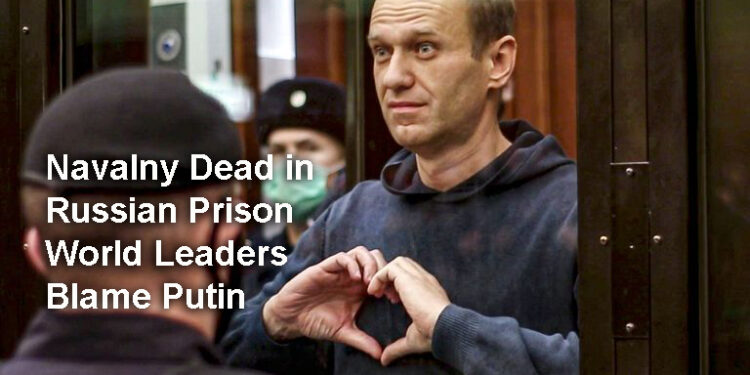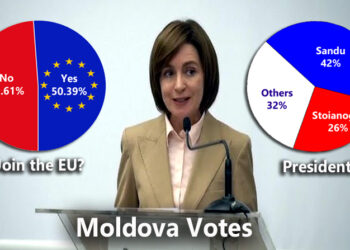by Miceál O’Hurley
DUBLIN — Russian opposition leader and anti-corruption activist, Russian Federation President Vladimir Putin’s leading critic, Alexei Navalny, has been reported dead by Russia’s Prison Service of the Yamalo-Nenets Region. He was 47-years old. Russia’s state-run RIA Novosti media outlet reported Navalny, “felt unwell after a walk” before “almost immediately” losing consciousness. Navalny was the 2021 recipient of the European Parliament’s Sakharov Prize for Freedom of Thought.

RIA Novosti claimed Navalny experienced a “sudden death”. Interfax, another Russian-controlled media outlet reported emergency medical personnel from Labytnangi City Hospital “arrived in less than seven minutes” to the penal colony where Navalny has been held in prison. Medics are reported to have spent “over half an hour” trying to revive him. These claims cannot be independently verified.
The distance between Labytnangi City Hospital and the Penal Colony where Navalny was being held is no less than 35-kilometers. Obvious suspicion fell upon official Russian media claims that emergency medical personnel were able to cover the 35-kilometre distance to the Penal Colony in only 7-minutes. Medics would have had to drive at 300kph to cover the 35-kilometers in this time over roads covered by recent snowfall where -23 degree temperatures rendered the roads hazardous to dangerous for travel. Satellite images and maps of the location of Penal Colony No. 3 where Navalny was imprisoned and died have disappeared from some search engines in the aftermath of the announcement of his death.
A statement Navalny’s mother, Lyudmila Navalnaya, to independent Russian media outlet Novaya Gazeta quoted her as saying she last saw her son on Monday, less than 5-days ago and he appeared “healthy and cheerful”.
Russia’s Persecution of Navalny “Politically Motivated”
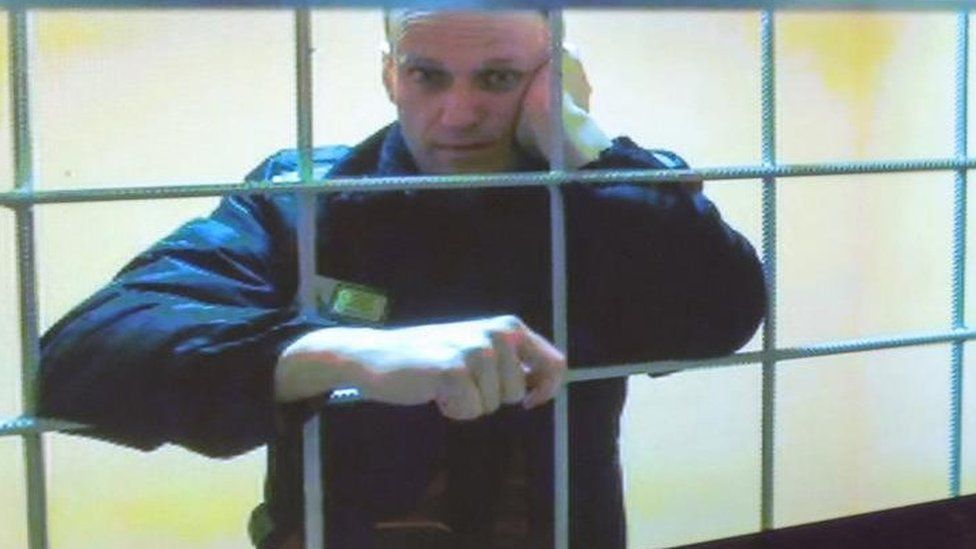
Western leaders, across Europe, have expressed what some have called “shock” at Navalny’s death. Given Putin’s many attempts to murder Navalny, most notoriously by poisoning, any sense of “shock” would be misplaced. Navalny was serving a 19-year prison sentence in a Penal Colony in Russia’s artic, the far northern Yamal-Nenets Autonomous District. Navalny had been convicted in August 2023 on charges of “extremism”, ostensibly for founding the Anti-Corruption Foundation. Prior to his 2023 conviction Navalny has been serving a 2.5-year prison term and a separate 9-year prison sentence for “fraud” convictions in the IK-6 Melekhovo high-security prison in Russia’s Vladimir Oblast.
The international community has condemned Russia’s judicial prosecution of Navalny as having been politically motivated.
Navalny Assassination Attempts by Russian Security Services
On 20 August 2020, Navalny fell ill on a flight between Tomsk and Moscow. The commercial flight was directed for an emergency landing before he was transported to a hospital in Omsk. Navalny was admitted in serious condition with physicians inducing a coma to preserve his life. Caving to international pressure, the Kremlin eventually allowed Navalny to be evacuated to the Charité hospital in Berlin, Germany, two days later. While at the Charité the Organisation for the Prohibition of Chemical Weapons (OPCW) certified laboratories confirmed Navalny had been poisoned with Novichok. On 7 September, doctors announced that they had taken Navalny out of the induced coma. Navalny’s condition improved enough that he would be discharged from the hospital on 22 September 2020.
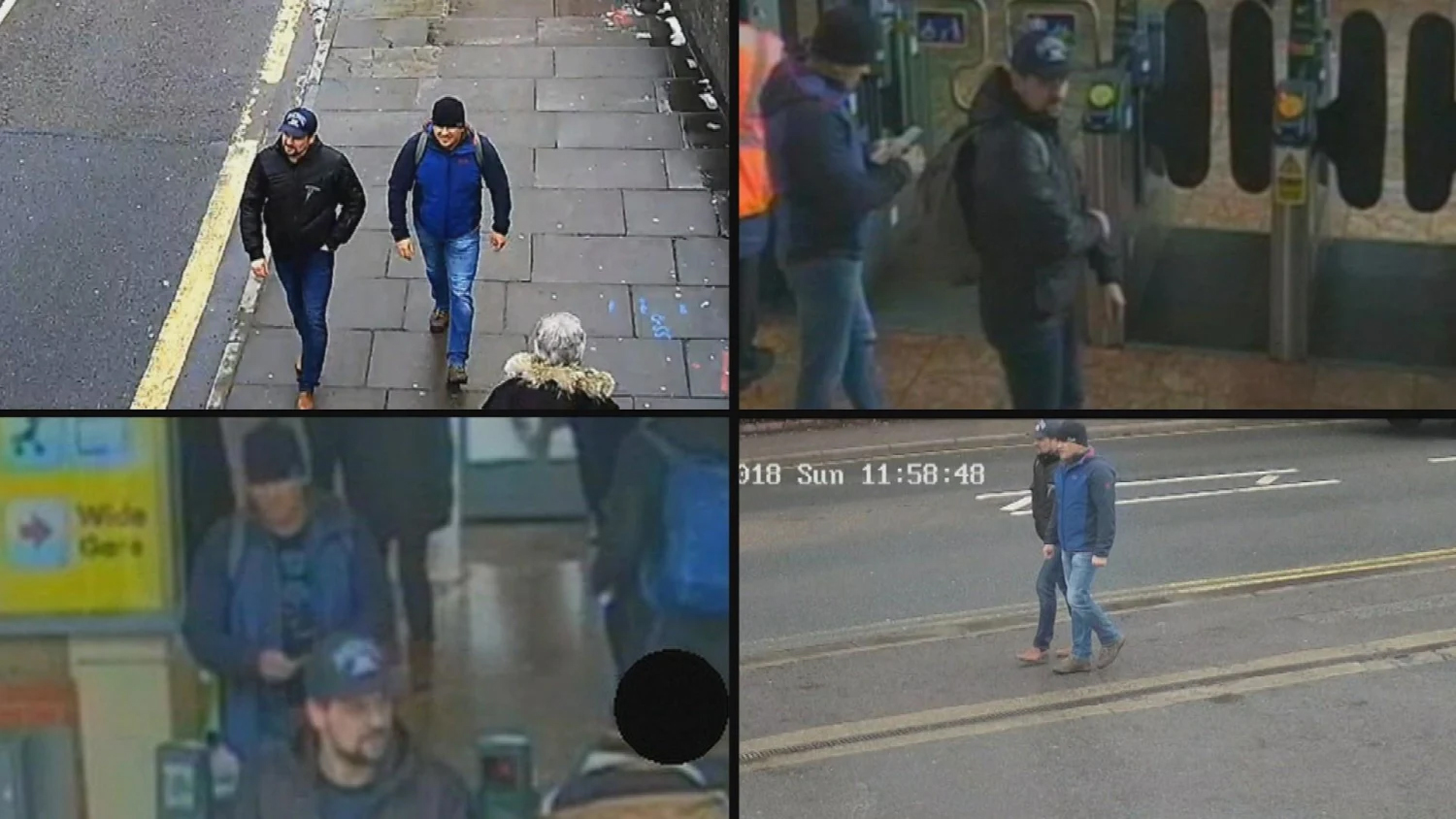
At the time of Navalny’s poisoning Russia was still reeling from accusations their security services operated on European Union soil to poison former Russian military officer turned British agent Sergei Skripal and his daughter in 2018. Police constable Nick Bailey who responded to the scene where the Skripals were poisoned was also admitted to hospital in intensive care. At approximately the same time, in the same region of the U.K., British citizens Charlie Rowley and Dawn Sturgess were also poisoned by the same Russian engineered nerve agent, Novichuk. Dawn Strugess died of Novichok poisoning while the Skripals, Bailey and Rowley eventually recovered, albeit with lingering health effects. Russia’s denials of responsibility for the spate of attempted assassinations using Novichok.
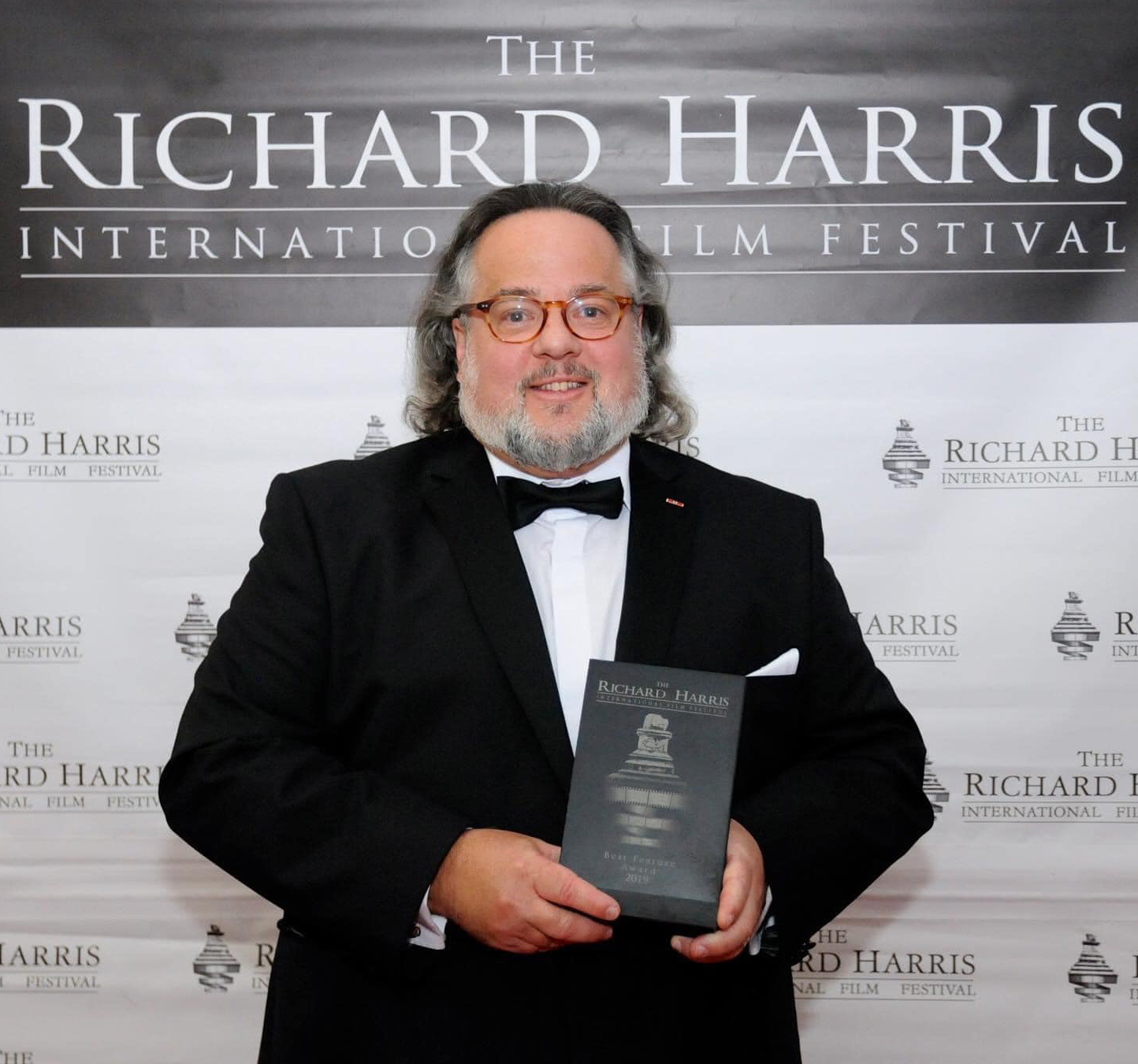
Open Source investigative team Bellingcat, The Insider, CNN, and Der Spiegel published an investigative report concluding Navalny had been poisoned by agents of Russia’s Federal Security Service. They also identified the agents’ names. Bellingcat was also able to verify Russian security service involvement in the poisoning of the Skripals, again naming the agents involved in the attempted assassinations. Bellingcat’s investigative partners audio-taped a telephone conversation with one of Russia’s FSB ‘poison squad’ operators who revealed Russia’s role in the 2020 poisoning of Navalny, revealing how Navalny’s clothing had been treated with Novichok.
According to yet another Russian state-controlled media outlet, Kommersant, Navalny’s lawyer, Leonid Solovyov, declined to comment on the news of his client’s death, “By decision of Alexei Navalny’s family, I am not commenting on anything at all,” he said.
World Leaders React
Navalny’s wife, Yulia Navalnaya, was attending the Munich Security Conference when news of her husband’s death was release. Navalnaya said, “If it is the true, I would like Putin and all his staff.… I want them to know that they will be punished for what they have done with our country, with my family, and with my husband. This regime and Vladimir Putin should be held personally responsible for all the atrocities they have committed in our country these past years”. The Munich Security Conferees stood and gave Navalnaya an ovation when she addressed the news of her husband’s death in Russian custody.
U.S. Vice President Kamala Harris, who was also attending the Munich Security Conference said, “If confirmed, this would be a further sign of Putin’s brutality. Whatever story they tell, let us be clear, Russia is responsible.”
NATO Secretary General Jens Stoltenberg stated he was, “deeply saddened and concerned” about the reports of Navalny’s demise. Demanding answers, Stoltenberg added, “Alexei Navalny has been a strong voice for freedom, for democracy, for many years, and NATO and NATO allies have called for his immediate release for a long time.”
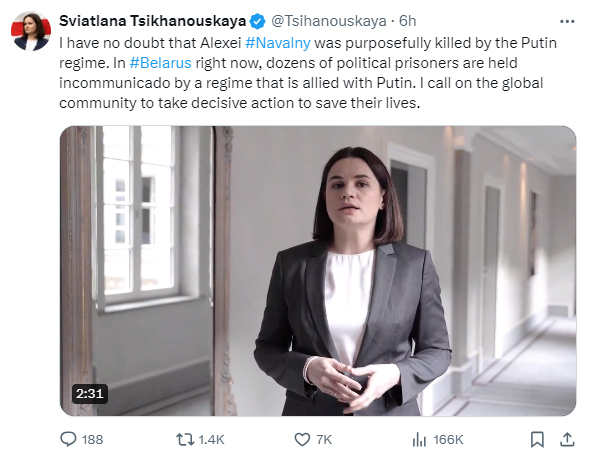
European Commission President Ursula von der Leyen said she was “deeply disturbed and saddened” by news of his death. “Putin fears nothing more than dissent from his own people. A grim reminder of what Putin and his regime are all about. Let’s unite in our fight to safeguard the freedom and safety of those who dare to stand up against autocracy,” von der Leyen said.
Svitlana Tsikhanouskaya, President-elect of Belarus whose election was stolen by Putin’s ally Alexandr Lukashenko, wrote on ‘X’, formerly known as Twitter, “I have no doubt that Alexei #Navalny was purposefully killed by the Putin regime. In #Belarus right now, dozens of political prisoners are held incommunicado by a regime that is allied with Putin. I call on the global community to take decisive action to save their lives”.
British Prime Minister Rishi Sunak wrote on ‘X’, “as the fiercest advocate for Russian democracy, Alexei Navalny demonstrated incredible courage throughout his life. My thoughts are with his wife and the people of Russia, for whom this is a huge tragedy”.
German Chancellor Olaf Scholz stated on ‘X’ he was, “deeply saddened” by the news, adding, “[Navalny] stood up for democracy and freedom in Russia – and apparently paid for his courage with his life. This terrible news shows once again how Russia has changed and what kind of regime is in power in Moscow”.
In 2021, U.S. President Joe Biden had warned Putin of “devastating” consequences should Navalny die in a Russian custody. Today, speaking to the press, Biden said, “Make no mistake: Putin is responsible for Navalny’s death… What has happened to Navalny is yet more proof of Putin’s brutality”.
Sweden’s Foreign Minister, Tobias Billstrom, called Navalny’s death, “dreadful news…. the ruthlessness against Navalny shows again why it is necessary to continue to fight against authoritarianism”.
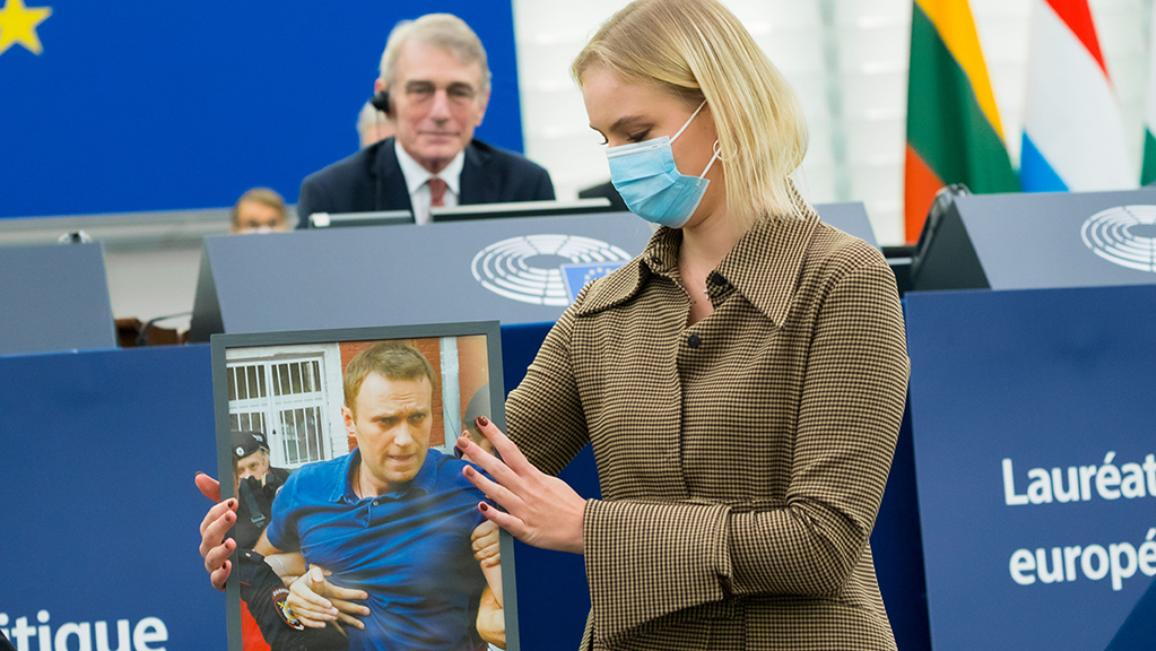
Stéphane Séjourné, Foreign Minister of France stated via social media, “[Navalny] paid with his life for his resistance to a system of oppression,” according to an English-language translation. He added, “His death in a penal colony reminds us of the reality of Vladimir Putin’s regime. To his family, his loved ones and the Russian people, France offers its condolences”.
Ireland’s Minister for Foreign Affairs used ‘X’ to write, “Ireland had consistently called for Mr. Navalny’s unconditional release before his death We extend our deep condolences to his family 2/2”.
Russia’s Foreign Ministry has asserted Western leader’s responses to reports of Navalny’s reported death is “self-exposing” of bias when forensic results have yet to be released.
Epitaph & Opinion
It may be too soon yet to write Alexei Navalny’s epitaph. Putin’s war on his own people, democratic norms, press freedoms and the right of free speech amongst the Russian people has served to isolate Russia from the nations of the earth. Navalny’s politically motivated imprisonment only served to demonstrate to the world what a despot Putin really is. When considering the sacrifices made by Navalny the utterance of Ireland’s Wolfe Tone from the dock come to mind, “Let no man write my epitaph. When my country takes her place among the nations of the earth, then, and not till then, let my epitaph be written.”
I recall the prophetic words of Alexei Navalny spoken from Germany when being filmed for a documentary in 2021, just prior to his latest imprisonments. Looking directly into the camera with a message meant for his fellow Russians but embraced by the world Navalny said:
“Listen, I’ve got something very obvious to tell you. You’re not allowed to give up. If they decide to kill me, it means that we are incredibly strong. We need to utilize this power, to not give up, to remember that we are a huge power, that is being repressed by these bad dudes. We don’t realize how strong we actually are. The only thing necessary for the triumph of evil is for good people to do nothing. So don’t be inactive.”
The very idea of Alexei Navalny was so powerful that Putin could not bring himself to utter his name, instead referring to him as “that character”, “the aforementioned citizen”, a “sick man” or a “protégé” of US intelligence agencies. Navalny relished in this realisation, likening himself to the protagonist in the Harry Potter novels and movies, “I’m like Lord Voldemort. Putin cannot say my name out loud,” Navalny told a reporter in 2018. To instill such fear that even speaking Navalny’s name elevated his stature demonstrates not only the power of Navalny the man and his reform messaging but underscores the utter fear in Putin had of the man and his ideas.
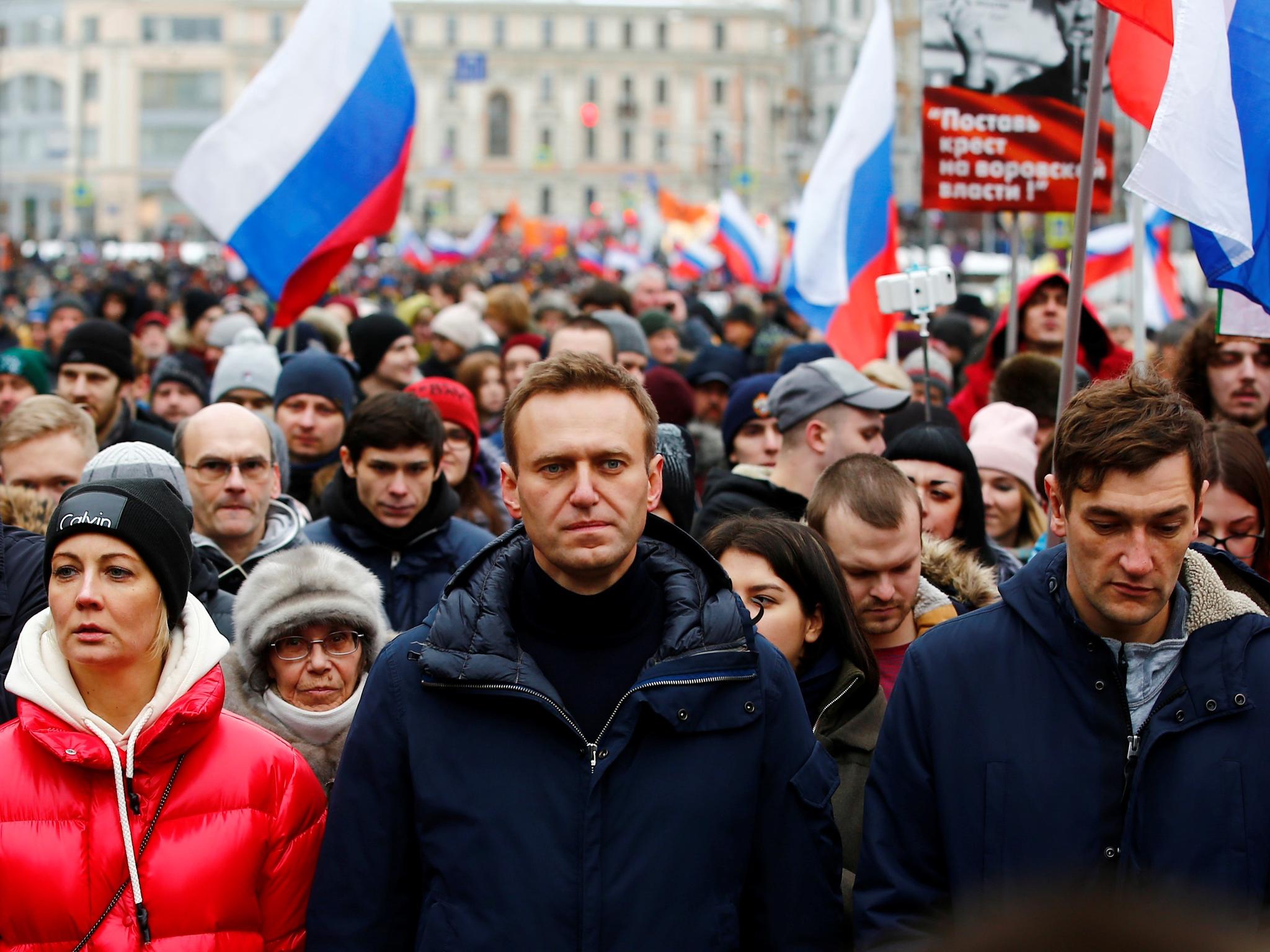
Navalny is dead. Putin is the author of his death. That Putin needed to see this vibrant, articulate, passionate and reform-minded activist dead speaks to the incredibly weakness under which Putin labours. The yoke of oppression placed by Putin on the backs of every Russian man, woman and child is as heavy as its burden is felt deep and wide. Active reformers in Russia may be visibly small but as Navalny so rightly noted, they are “incredibly strong”. Sensing their strength, cognisant of the growing unrest from his mistreatment of the Russian people and the horrors of the war he unleashed on Ukraine, Putin’s fear drove him to imprison a patriotic anti-corruption activist in the hopes of silencing him.
In death Navalny can speak no more but his message cries out from the grave. The millions of Russians who share his hope for a free, democratic and reformed Russia have voices. If Justice has her way those voices will haunt Putin’s dreams until a day, soon, when Russia will be freed of his tyranny and men and women the likes of Alexei Navalny can live free of the fear of Siberian imprisonment, poisonings and State-sponsored murder.
